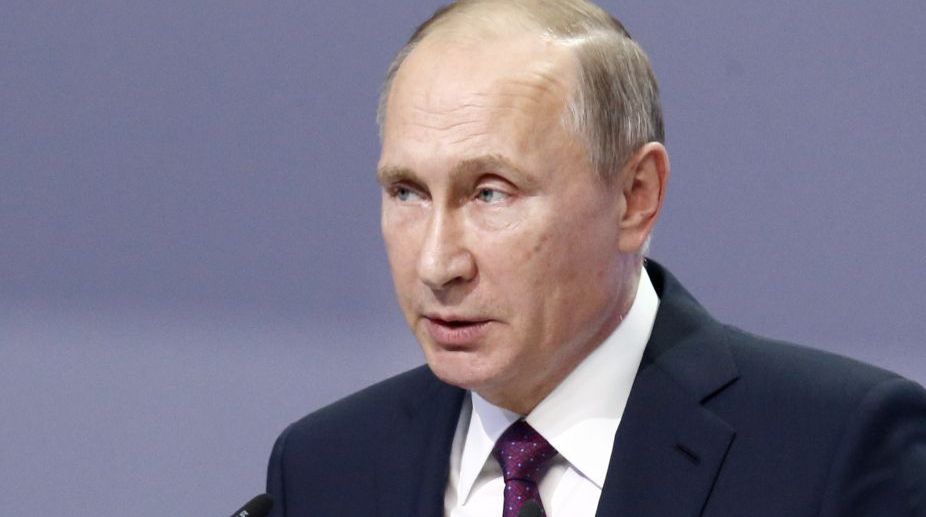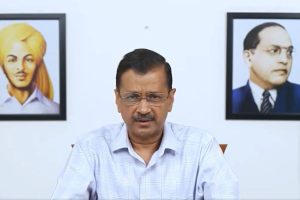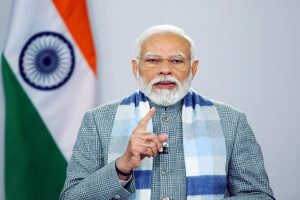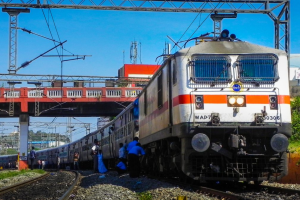The lavish grandstanding at the Kremlin, that marked Monday’s swearing-in of Vladimir Putin as the President of Russia for the fourth term, has happened at a particularly impropitous juncture for the country.
Viewed through the prism of Soviet history, the event is profoundly significant not the least because Putin has ruled Russia for longer than anyone except Josep Stalin.
Advertisement
That in itself makes him a pre-eminent personality in the galaxy of rulers, both pre and post the disintegration of the Soviet Union. In parallel, Putin’s Russia bears witness to mounting tensions with the Western powers and considerable domestic discontent over poverty and social inequality.
In the bicentennial of Karl Marx, the reality in Russia is paradoxically the obverse of what the German philosopher had once envisaged. And this has decidedly neutralised the pomp and grandeur of the renewed tryst with the country’s presidency.
Putin was applauded by 5,000 guests as he stepped into the Grand Kremlin Palace, the former throne room of Russia’s tsars. Putin has kept his date with history, but he has scarcely had a smooth run judging by the parameters of governance.
In a sense, the TINA factor (There Is No Alternative) seems to be in operation. The presidential election in March was virtually uncontested and there is no indication yet as to who his successor will be; any discussion on the issue is said to be taboo within the Kremlin walls ~ arguably a testament to the President’s decidedly dictatorial streak.
Despite the contretemps, both at home and abroad, for which any other world leader would have countenanced formidable opposition at home, Putin will be firmly in the saddle at least till 2024… if not longer, though at 65 he has laughed off suggestions that he could be at the helm till 2030.
Since his last inaugural six years ago, Putin has seized Crimea from Ukraine, triggering Western economic sanctions, and ordered Russia’s military into Syria in support of President Bashar al-Assad, not to forget his trans-Atlantic assistance to Donald Trump against Hilary Clinton in the US Election 2016 and more recently his alleged meddling in the UK elections of June 2017 and his suspected hand in the nerve-agent attack on two MI-5 operatives in Salisbury.
There has, in a word, been a misadventure too many, and yet he soldiers on. Verily has Russia’s current standoff with the West been described as a state of Cold War. His record at home has been no less dismal. The economic downturn has plunged millions of Russians into poverty.
About 20 million people, or 14 per cent of the population, live below the poverty line. Real incomes have fallen for a fourth year in a row, and about 3,000 schools, including in Siberia, have no indoor toilets, according to government statistics. Wealth inequality is among the highest in the world, and corruption involving government contracts is rampant. Ergo, Putin “succeeds” to a depleted inheritance of his own creation.











